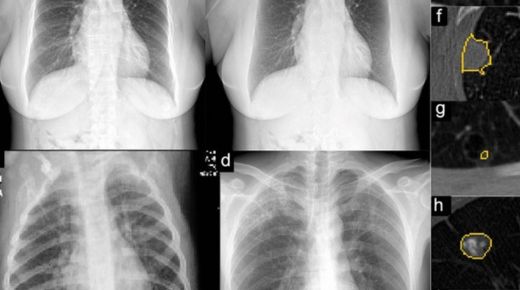When a child is diagnosed with autism, many parents wonder how they can best support their child’s development. One of the most well-known and effective approaches is Applied Behavior Analysis, also called ABA therapy.
This therapy is based on understanding how behavior works and how it is affected by the environment. It helps children with autism learn important skills in a structured and supportive way. Let’s take a closer look at five key benefits of ABA therapy for children with autism.
1. Improves Communication Skills
Many children with autism find it hard to express themselves or understand what others are saying. ABA therapy helps break down language and communication into smaller steps that are easier to learn. For example, a child might start by learning how to ask for a toy or say “hello” to someone.
Over time, with practice and encouragement, these simple skills build into more complex conversations. Some children may even begin to use full sentences or communicate through pictures or devices if needed.
2. Builds Social Skills
Getting along with others can be challenging for children with autism. Therefore, applied behavior analysis therapy teaches social skills in a very hands-on way. Therapists may use role-play, games, or group activities to teach things like sharing, taking turns, making eye contact, and understanding emotions.
These lessons help children feel more confident and comfortable in social settings like school or playgrounds. When children learn how to interact with others, they have a better chance of forming friendships and feeling included.
3. Reduces Problem Behaviors
Some children with autism may show behaviors like hitting, screaming, or having meltdowns. These behaviors usually happen when a child is frustrated, scared, or unable to express their needs. ABA therapy works by finding out what causes the behavior and teaching the child a better way to respond.
For example, instead of screaming when they want something, a child might learn to use words or signs to ask. Over time, these problem behaviors can decrease, making daily life easier for both the child and the family.
4. Encourages Independence
ABA therapy helps children with autism learn everyday skills that make them more independent. These skills include things like brushing teeth, getting dressed, using the toilet, and following simple instructions. Therapists teach these tasks step by step, often using rewards or praise to motivate the child.
As children gain these skills, they become more able to take care of themselves and feel proud of what they can do. This independence is very important as they grow older.
5. Customizable to Each Child
One of the best parts of ABA therapy is that it is not the same for every child. Therapists carefully observe each child to understand what they need most. Then, they create a plan that focuses on those goals. Whether the child needs help with language, behavior, or school skills, the plan is made just for them.
This personal attention makes ABA therapy very effective and gives each child the best chance to succeed.
Conclusion
ABA therapy can be life-changing for children with autism and their families. By improving communication, social skills, and independence, and by reducing problem behaviors, this therapy gives children the tools they need to thrive.
Because it is tailored to each child, ABA offers support in the areas where it is needed most. With patience, practice, and care, many children with autism can make great progress through ABA therapy.




